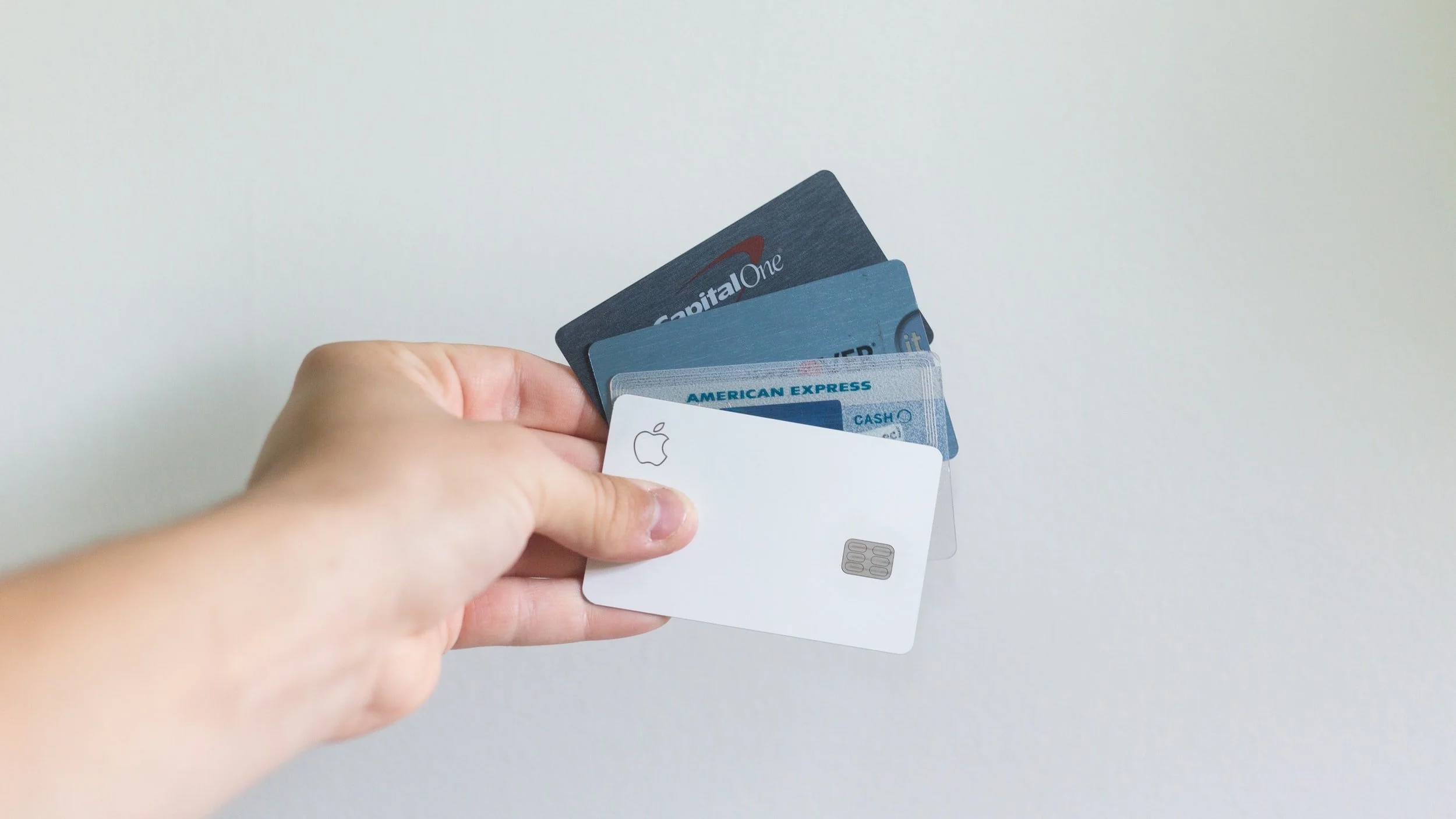The affordable insurance you need (and probably don't have)
Insurance is a wonder of finance and dates back as far as we have records. Hammurabi’s code has elements one might define as insurance. It developed significantly in the age of sail as both a source of credit and investment. Investors would give cash to sea-faring merchants for which they would receive interest and a return of principal if the ship returned safely. If the ship sank or was attacked by pirates, the investors would get nothing and the merchant would be reimbursed.
Modern ‘retail’ insurance involves pooling risk, where many people pay into a fund that will compensate the few that suffer the risk. When this kind of insurance is required, like home insurance, we get a pretty good insurance deal because the risk is spread out over a huge population. (Technically you don’t have to have home insurance, but your mortgage lender requires it.)
And when insurance isn’t common or required, it gets expensive. This is because of an important concept in insurance pricing called “adverse-selection," which describes the phenomenon where only those likely to suffer the risk buy the insurance. This raises the costs of the insurance for participants and insurer because a higher proportion of the insured base makes claims. and insurer because a higher proportion of the insured base makes claims.
Private long-term disability and long term care insurance are examples of this. They are so important but also very expensive and difficult to get. Clients and I talk about both at length. There usually aren’t great options.
What we don’t talk at length about is umbrella liability insurance. ‘Get $2M to $5M dollars of umbrella insurance. It should be well under a thousand dollars a year.” I follow up and make sure it happens.
What is umbrella insurance? It’s liability insurance. It pays for your legal expenses and losses if sued for a variety of incidents related to injuries to other people, some lawsuits, and damage to other people’s property. It doesn’t protect you from professional or work issues and it doesn’t protect your property or costs in an accident. It’s strictly to help pay the costs of someone else’s misfortune, for which you are somehow financially responsible.
“Doesn’t my auto and homeowner’s insurance already have liability coverage in it?” Yes, it does. And for many things it’s adequate. But the total limits are usually low. I see limits in the $200,000 range typically. If your sprinkler system runs endlessly while on vacation and floods your neighbor’s prize-winning roses, your homeowners’ insurance will cover up to $200,000 in legal and settlement costs.
Hopefully that’s enough! Sometimes it isn’t.
On an icy day in December 2001, I hit a taxi in DC, which then hit another car. It was a fender-bender and was covered by my auto insurance. However, if it had been bigger and some of the people involved had neck injuries, I might have been wiped out financially. (Teens cause a third of accidents nationally, so teen drivers are another HUGE reason to have liability insurance.)
What if you accidentally send cupcakes to school that trigger peanut allergies? (1 in 50 kids has a peanut allergy)
What if your dog viciously bites the mailman? (1 in 73 dogs bites a human)
What if a neighbor slips on the ice outside your home on a winter day and cracks their head? (17,000 deaths a year from slipping on ice)
Umbrella liability handles these risks by extending the insured amount above the limits of your auto and home insurance. If you buy a $3,000,000 umbrella liability policy, your auto policy would pay the first $200,000 and the personal umbrella liability anything above that. It sits over home and auto policies, hence the term ‘umbrella’.
What makes this so essential is that it’s affordable. You will typically need to max-out the purchasable limits of your home and auto policy first. Those rates will rise as well. But the total should still be well under a thousand a year even at high coverage limits. I keep a $5,000,000 policy and pay about $750.00 a year (plus some extra on my auto and home.)
Where to get it? Start with your home or auto insurer and request a quote. If you use a broker, they can arrange it. Call me if you need a good broker. I’m a fee-only fiduciary and get nothing in return from anyone that I recommend.
And stay off that ice.






